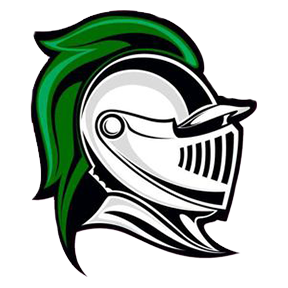
Sixth graders at Isaac E. Young Middle School recently embarked on a “Mission to Mars.” Designed after the concept of the Mars Rover vehicles NASA uses for their Mars Exploration Program, students took part in a five-week engineering design challenge. After researching the history of the Mars Exploration Program and basic electronics, science teachers Amber Howes, Patricia McCue, and Jonathan Misner taught students how to use the Engineering Design Process to design, build, and test a prototype of a Mars Rover that would move in a straight line using a motor, wires, batteries, and recycled materials.
The purpose of the project was to engage students in a STEAM (Science, Technology, Engineering, the Arts, and Mathematics) learning experience to solve a real-world problem to develop content knowledge, critical thinking, collaboration, creativity, and communication skills. The Engineering Design Process is a series of steps engineering teams use to solve problems, brainstorm new ideas, apply science and math concepts, test prototypes, and analyze data. It also emphasizes open-ended problem solving, which required students to engage in multiple revisions and come up with innovative solutions to challenges.
Isaac E. Young principal Tawanda Robinson visited classrooms and watched as students worked on their prototypes over the course of the project.
“I am simply over the moon. It’s amazing to see our sixth graders simulate Mars travel as part of STEAM learning,” she said.
Students learned through this experience that the design process is not linear. Once they started building, they were required to work with their partners to modify and continually improve upon their original designs. Once the project was complete, each team shared a presentation on their findings with the class.
Feedback from students on the experience was quite positive:
- “I liked testing out what does and doesn’t work, then putting it all together in one Rover.” - Christopher Nemeth
- “From the project we learned that bigger is not better. Too many materials make the Rover too heavy so it cannot go faster. When doing a project, communicating with your partner is important. Sometimes you might disagree, but you work things out.” - Steven Cardenas
- "I found the Mars Rover project really fun and exciting. It was very challenging trying to make our Rover move in a straight line. After doing this project I want to become an engineer." - Citlali Arenas
The project sparked a contagious, creative energy among students and teachers. Students said they are looking forward to doing more projects using the Engineering Design Process in the future.

